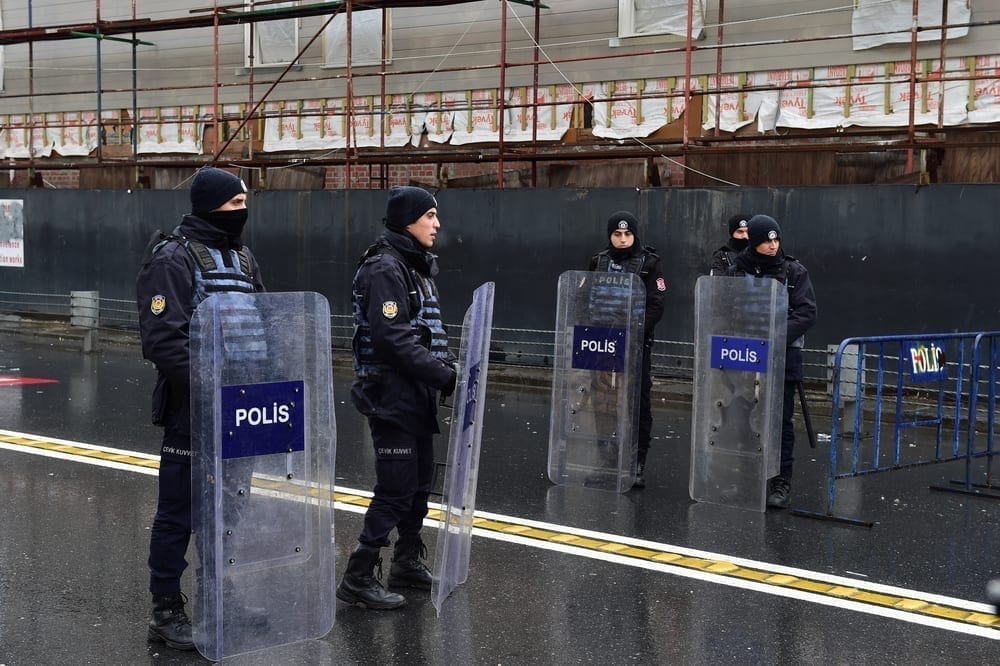Groups such as ISIS adhere to Salafism. About 120 of France's 2,500 mosques and prayer halls are considered Salafist.
Although many Muslim communities practice a less radical form of Islam, funding by the Salafist states of Saudi Arabia and the Emirates have helped set up mosques and Islam organizations all over the world that preach their radical form. This has caused Salafi beliefs to spread in places as far-flung as Pakistan, Senegal, Belgium, Kosovo and Germany, and explains why Belgium and Kosovo provide the largest sources of ISIS fighters in Europe.
The problem is not that foreign Muslim groups directly subsidize jihadi activities, but that they promote a highly aggressive ideology with a political agenda, whose followers are more likely to take the next step into violent action.
Prime Minister Manuel Valls announced he favors imposing a temporary ban on foreign funding of mosques and that imams be local- rather than foreign-trained.
On August 1, after Interior Minister Bernard Cazeneuve announced the planned closure of 20 mosques, the French Muslim Council announced the creation of a new foundation to help finance French mosques and keep out radical benefactors. However, it is unsure where the funding will come for it, because France strictly observes separation of state and church in funding.
Fighting terrorism is not just the responsibility of the government, Vals said, but all of society needs to get involved in promoting the development of a “kinder, gentler” form of Islam in France and limiting the influence of foreign Salafists.





